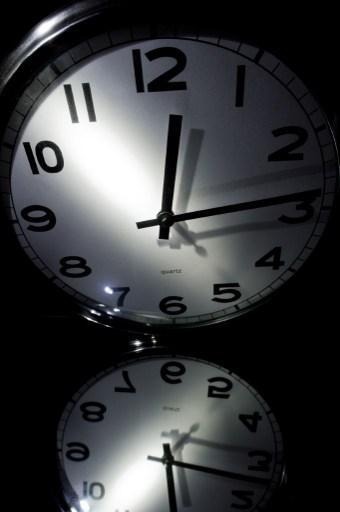The final minute of the month of December will last for 61 seconds. The International Earth Rotation Service (the IERS) indicated yesterday (Wednesday) that this is because there will be a leap second.
Worldwide, during the night of December 31st to January 1st, in “Universal Coordinated Time” (UTC, often known as GMT - an acronym for which the clock is ticking), the minute between 23:59 and 00:00 will last for a second longer than usual.
In Belgium, the leap second will occur on January 1st at 1 a.m. in the morning (local time).
Through the occurrence of this additional second, a harmonization of two time systems will take place. These are Universal Time (UT) based upon the Earth's rotation and its position in relation to the stars, and that of International Atomic Time (IAT).
The latter has been defined, since 1971, on the basis of the combination of all of the world's atomic clocks.
When Universal Coordinated Time (UTC) was created in 1972 by an international agreement, it was appropriate for the gap between the two systems not to exceed 0.9 seconds. Hereafter, a leap second must thus be inserted in UTC time.
Taking all leapn seconds since 1972, a total additional 27 leap seconds (counting the one on the forthcoming on December 31st) will have ticked by come the beginning of 2017.
The leap second essentially results from the fact that the atomic time second is, in fact, too short when compared to the Earth's rotation in modern times.
The Brussels Times

